The drama had begun when Eurydice, while in the company of her companions the Muses, had fled from the inappropriate advances of the shepherd Aristaeus. In her frantic flight she had stepped upon a viper, and the bite had proved fatal. Devastated with grief, her husband Orpheus gave voice to his sorrow in the most articulate way known to him: he sang of his grief, he played his lyre. But the music of Orpheus was no common sound. Even before this, his music was so renowned for its heartfelt expressiveness that it was said that even the very trees bent their branches to listen, and the unyielding hardness of the very rocks softened.
But even the magic sounds of Orpheus’ music could not return his dear Eurydice to his side. And so he had resolved to undertake a perilous journey. He would descend to the Underworld itself to find and bring back Eurydice to his own world. Entering by way of a dark cave, he journeyed ever farther downwards, until the spectral ghosts of the dead drifted around him, thin and pale in the darkness. Arriving at last at the throne of the god of the Underworld, he petitioned Hades with his music, assuring him in his song that he had not come to learn the secrets of the dead, but only to plead for the return of his dear Eurydice.
The sweet music of the lyre touched even the heart of stern Hades, and Eurydice was granted leave to accompany Orpheus back to the world above. But Hades made her return conditional: Orpheus must lead the way, and never look back until he had reached his own realm. Along the dark ways of the dead the two journeyed, with the sounds of Orpheus’ lyre even bringing tears to the eyes of the surrounding ghosts.
And there in front of them at last is the light of the sun. All this time Orpheus has not looked back once, trusting that his dear Eurydice was indeed following him. With the entrance to the cave just a few steps away, he risks a quick glance over his shoulder to reassure himself that she is indeed behind him. Yes, Eurydice is with him. But, oh… in the moment that he turns round, he sees her being pulled backwards by some unseen force to disappear forever. There is only enough time for a last called farewell, and Orpheus stands alone in the light of day.
Despairing anew, Orpheus takes to wandering, arriving at last in the land of the fierce Thracians. It is to be his undoing. Torn to pieces by the savagery of the Thracian women, his head and lyre are thrown into the waters of the river Hebrus. Still singing, the sorrowful music of the head of Orpheus continues to fill the air, and the trees along the river’s banks once more bend their branches to his song.
So much sorrow must Orpheus endure to learn a simple trust. Trust in the way forward. Trust that all is well, and that all shall be well. And don’t look back.
Painting Orpheus and Eurydice by Edmund Dulac



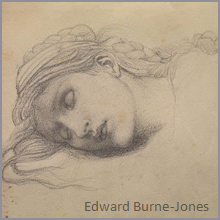
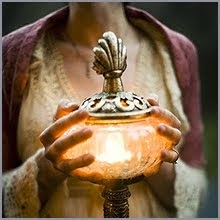
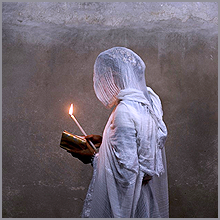
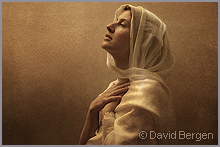
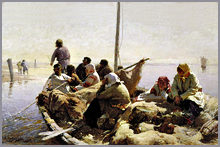
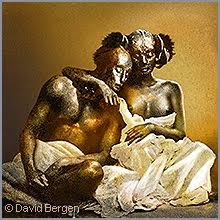
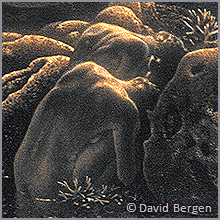

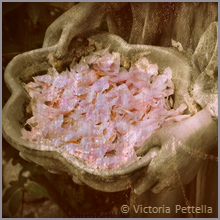


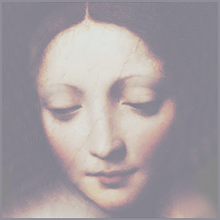
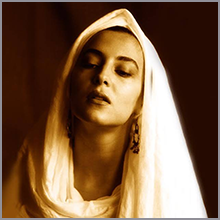
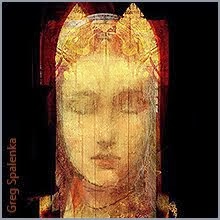
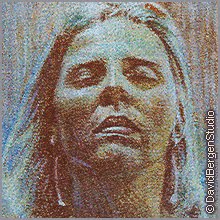











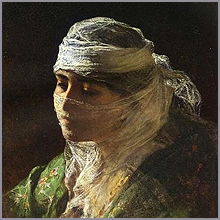


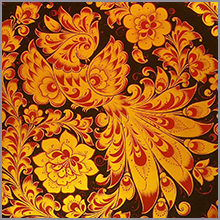

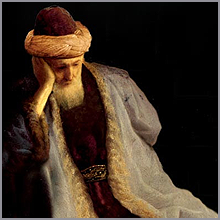
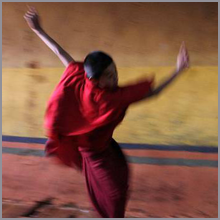


.jpg)

Thank you for the beautiful and touching story of Orpheus and Eurydice. There is a spiritual gem in this story which is summed up aptly in the title of the blog "Don't Look Back." In one sense it may be taken to mean "focus on the task at hand" or place one's "nose to the grindstone." The story expresses a deeper meaning from the eye of a mystic. Underlying the story is the illusion of time and the ephemeral nature of the phenomenal world. Orpheus symbolizes our egoic identity and the belief that we are all separate, separate from each other and from the rest of universe. He represents our strongly held belief in our individual and personal sense of self. Eurydice, on the other hand, symbolizes the ultimate state of Oneness with all things, pure Consciousness. However this Oneness is not a future state to attain but is the essential reality that underlies time and all phenomena. The search for Eurydice is the search for Oneness. Eurydice can only be discovered by returning to the one essential point of reality in the illusion of time, and this point of reality is the present moment. The present moment is the gateway, the portal, or the door that leads our consciousness to its very core, to the Oneness of Life that underlies all things. In this sense "don't look back" means to leave the dimension of separation, of past and future, enter the timeless dimension of Oneness.
ReplyDeleteJoseph, what as the storyteller I leave unsaid, you fill in and explain it in such a way that it might help others more to understand what my post is about. Having said that, a story, like a painting, usually has many layers, just like it has many readers, and every person will read something into it to which he or she can relate. I love and appreciate what you have said here!
ReplyDeleteEmma, this is one of my favorite posts on your blog. There are so many wise lessons contained in this famous story: that anything can be overcome if the will and the courage is there, that trust in the situation and in ourselves is so crucial, and that ultimately, love, as scripture's 'Song of Songs' also reminds us, is stronger even than death. Thank you.
ReplyDelete